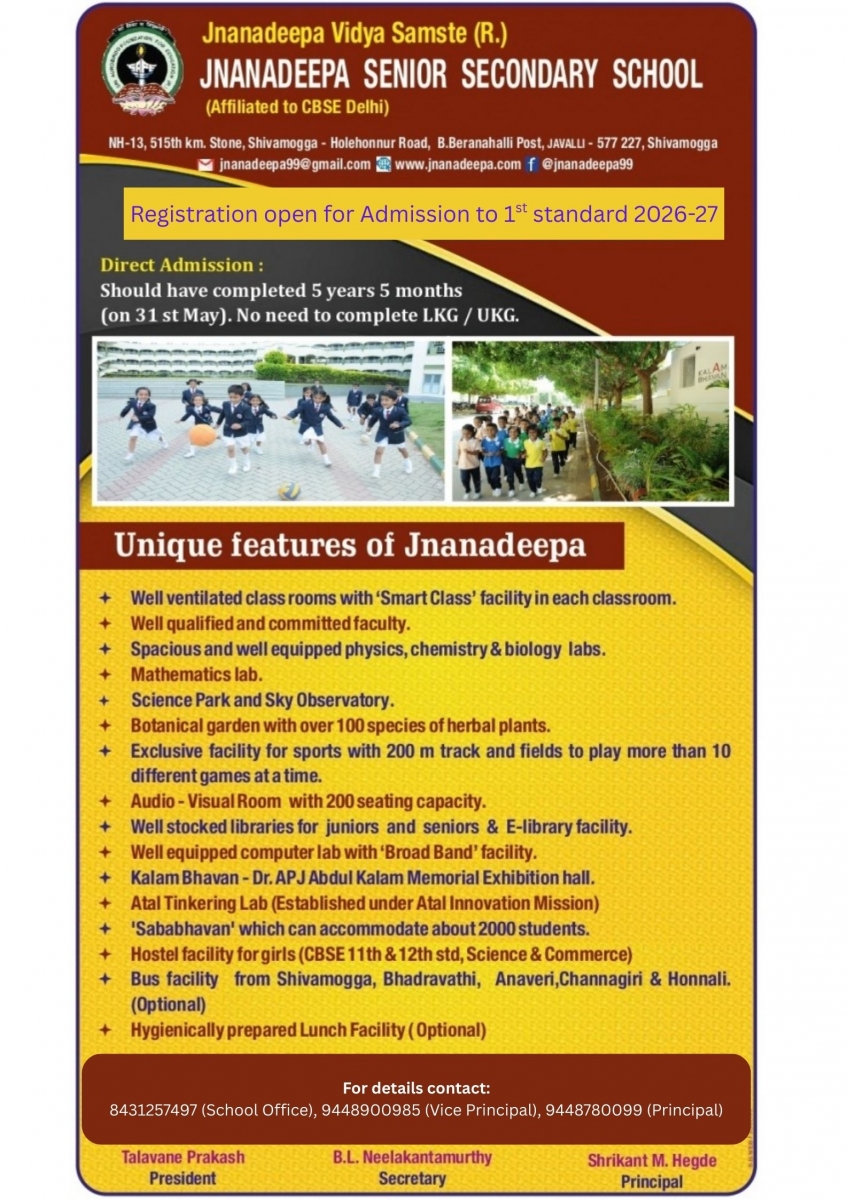Teaching Staff:
The teaching faculty constitutes a team of qualified, dedicated and motivated teachers to facilitate the learning process by making it enjoyable, fruitful and worthwhile. It is our earnest hope to make the students live up to the ideals of Sri Aurobindo and strive to make education a wholesome and enjoyable experience by making it all inclusive. This helps to create opportunities of higher learning in other professional and competetive courses at the State and National level as well. The Foundation constantly endeavours to provide the best possible ambience for the students to develop into responsible and enlightened individuals.
Techniques of Teaching / Learning
Value Education
Continuous and Comprehensive Evaluation (CCE)
Evaluation of Co-Scholastic areas of classes VI to X:
In addition to the Scholastic areas, co-scholastic areas like Life Skills; Attitudes & Values; Participation & Achievement in activities involving Literacy & Creative Skills, Scientific Skills, Aesthetic Skills and performing Arts & Clubs; Health and Physical Education will also be evaluated as per the check list.
Promotion criteria for classes VI to IX:
Promotion is based on the performance in Pre Midterm, Midterm, Post Midterm and Annual Examination with internal assessment for the students of classes VI to IX. Attending these tests is compulsory. Minimum qualifying grade in all subjects is ‘D’.
Evaluation for Classes I to V:
There is no formal written test/exam. Their performance will be continuously assessed by means of oral testing, worksheets, involvement and response in classes and other activities. Reports will be sent to the Parents periodically.
Promotion:
Normally there is no failure upto class V, as long as a student has a required minimum attendance of 80%.


